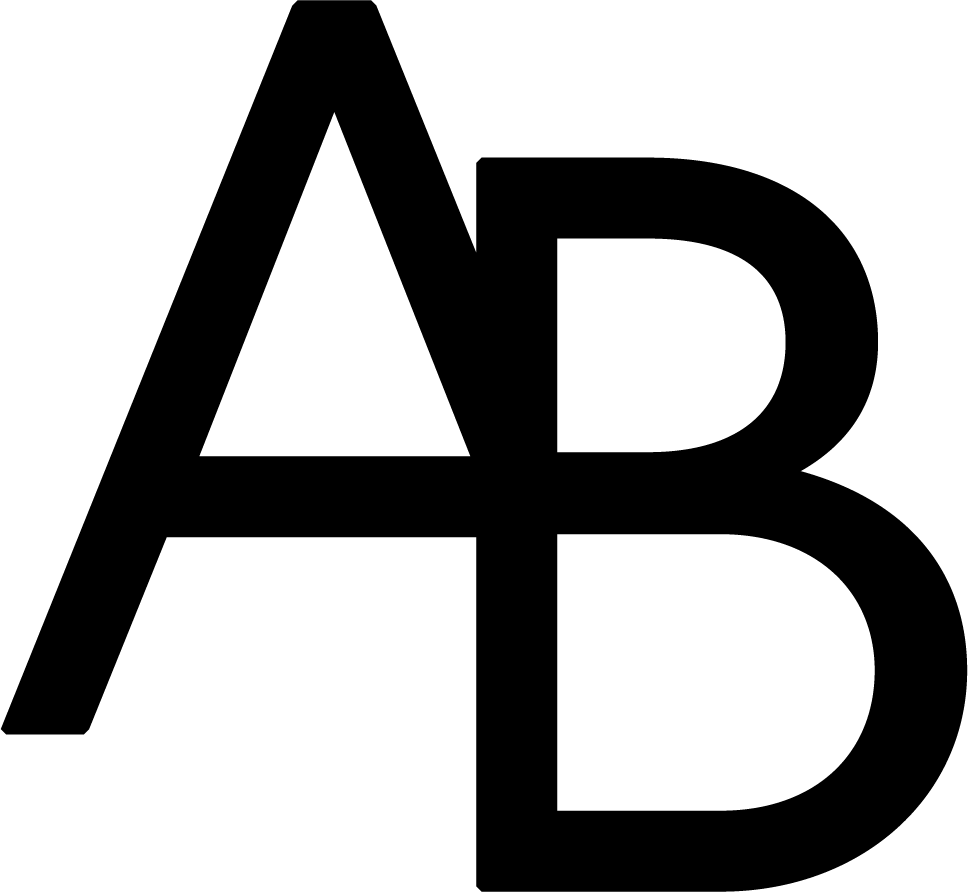It is always fascinating to see which books my book is keeping company of. Whether in someone's bookshelf at home or at a major bookshop. It must be some kind of analysis that says that people who buy a particular book TEND to buy some other books from a predictable list. Is that something you can predict? What do you think?
With simplicity and flexibility defining the current-day writing style, young writers are increasingly resorting to the more elastic and contemporary expressions. Some even play around with words to induce colloquialism, thus enabling the target readers identify with the plot as well as the characters.
As they say, literature is a reflection of life, so is cinema — the reel mirror of reality. It’s no surprise then that there have been back-to-back screen adaptations of good old literary classics plus period pieces in the past couple of years. But what about those films that project the contemporary world and its socio-economic scenario? Well, the present-day young writers are wholeheartedly considering their options to join the filmi fray and chip in their penned sagas on the silver screen.
Here is the bestsellers list from the Deccan Herald dated 3rd September 2006
Hours of scribbling away furiously for those terrible term papers. Some endearing moments — playing guitar in starlit nights, lazy sessions for rum and debate at the local dhaba, singing Bob Dylan numbers, eyeing pretty girls….
The typical setting for India’s new-age fiction is the college campus. And all elements of college life — hostel humour, bad food, nicknames — are woven into the story. “Readers write to me saying they can completely relate to my book,” says Abhijit Bhaduri, whose book Mediocre But Arrogant — is set in a B-school campus. Bhaduri is clear that he is no Dickens in the making. “My book is written in class notes style. I write like I speak,” he says.Readers, for one, are not complaining. Bhaduri claims his debut novel sold 40,000 copies in one year — which qualifies the book to be a bestseller. He is already working on the second part of a planned trilogy. “In part two, my protagonist works in the corporate sector,” says Bhaduri, human resource director at Pepsico.
My first impression after reading the initial 10 pages of the book was that like Shobhaa De's (referring to her comment about this book), this one took me back to my college days. For starters, I haven't heard the word "super-senior" in a long time. And it’s been a while since I heard the many slang words and all the very believable nicknames that Abhijit makes liberal use of in his book. It brought the college canteen/hostel back to life in my mind.
The Boys Hostel in the neighbouring block reminded me of the army barracks built to keep everyone alert and on their toes. “If you do not feel comfortable and relaxed you will learn to be a fighter. Luxury will dull your desire to excel.” That was what my father said every time I desired but was denied something that was even remotely classified as a luxury. MIJ operated on the same philosophy.









